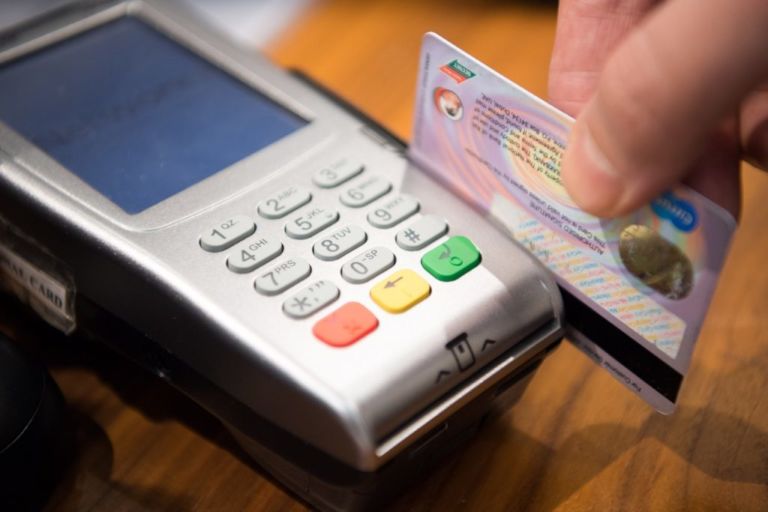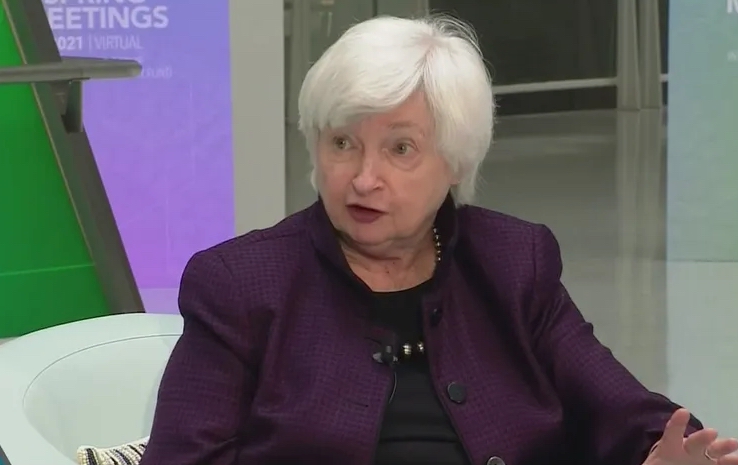Terry Jones of Issues and Insights reports on new polling data related to the nation’s economic outlook.
While the big media and some economists might disagree, a majority of Americans believe that the U.S. economy is now in a recession, the latest I&I/TIPP data show. And voters, when asked what caused it, are clear in their response: Government.
Recently, a number of government economists, including Fed chief Jerome Powell and Treasury Secretary Janet Yellen, along with non-economist President Joe Biden, have suggested that, despite two quarterly declines in U.S. GDP, the country is not in a recession.
“What is a recession? While some maintain that two consecutive quarters of falling real GDP constitute a recession, that is neither the official definition nor the way economists evaluate the state of the business cycle,” a blog from the White House Council of Economic Advisers noted in a typical response, calling a recession “unlikely.”
Well, most Americans don’t agree.
A recent IBD/TIPP Poll, for instance, found that fully 62% believe the U.S. is in recession, including a tri-partisan majority of Democrats (51%), Republicans (74%), and independents (56%). That compares to an overall 18% who say the economy isn’t in a recession, and 20% who say they’re “not sure.” Other polls concur. …
… One thing is clear: The current recession is unique in that the U.S. and other countries intentionally brought them on by locking down their economies during the COVID-19 pandemic.
And that can clearly be seen in the I&I/TIPP Poll’s second question, which we asked of the 826 people who believe the U.S. is in a recession: “What caused the recession?”
We offered seven possible responses.
The top three in terms of percentages included: “Too much government spending” (58%), “President Biden and Congress” (53%), and “COVID lockdowns and masking policies” (53%).
Other responses included “‘Woke’ policies of business and government” (35%), “too many regulations” (29%) and “Federal Reserve policy” (28%), with an additional 11% saying they were “not sure.”


